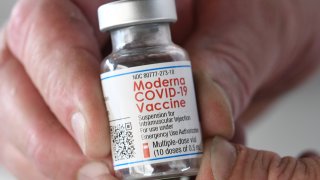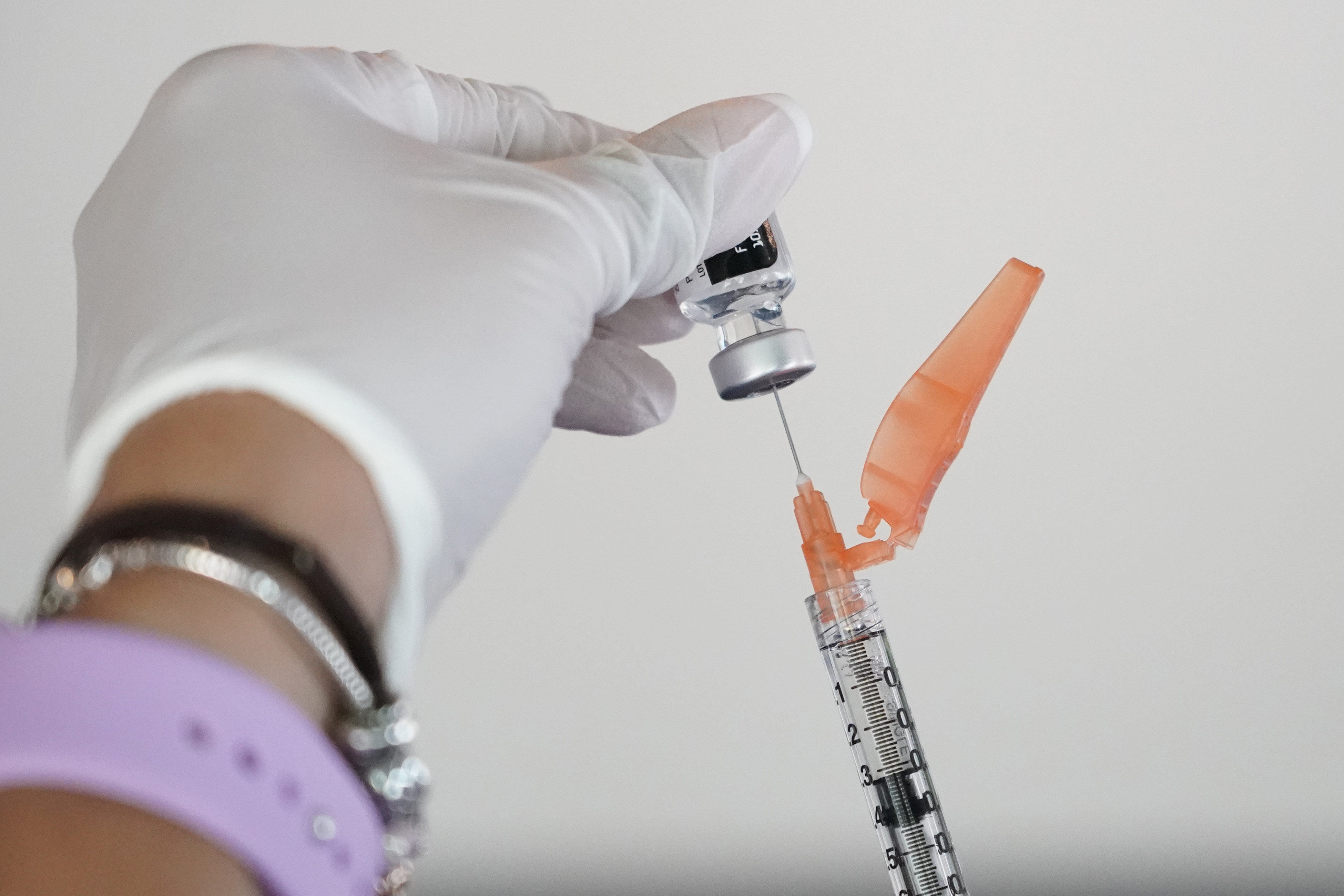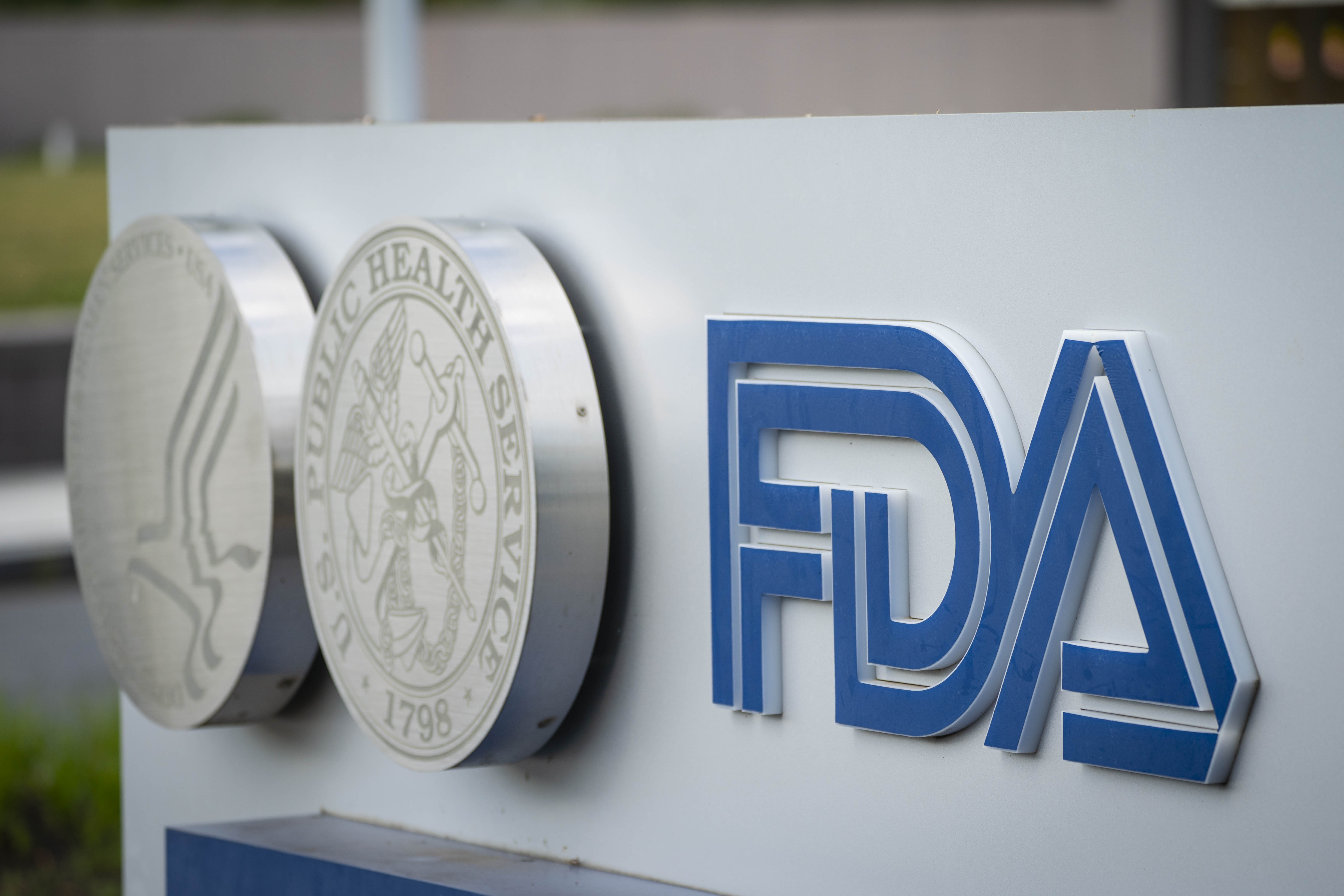
U.S. regulators are delaying their decision on Moderna's COVID-19 vaccine for 12- to 17-year-olds while they study the rare risk of heart inflammation, the company said Sunday.
The U.S. Food and Drug Administration told the company Friday evening that its review could last until January, Moderna said.
WATCH ANYTIME FOR FREE
>Stream NBC10 Boston news for free, 24/7, wherever you are. |
The company also said it will delay filing a request for emergency-use authorization of a lower dose of the vaccine for 6- to 11-year-olds.
Heart inflammation is an exceedingly rare risk of both the Pfizer and Moderna vaccines, and it more commonly seen in young men or boys. It’s difficult for clinical trials to detect such a rare problem. And public health officials have repeatedly stressed that COVID-19 itself can cause heart inflammation at higher rates than the rare cases caused by the vaccine.
Get updates on what's happening in Boston to your inbox. Sign up for our >News Headlines newsletter.
In the U.S., the Moderna vaccine is authorized for people 18 and older.
More Coronavirus Vaccine Coverage
Moderna said more than 1.5 million adolescents around the world have received its vaccine and that the number of heart inflammation reports “does not suggest an increased risk" for those under 18.
U.S. children from 12 to 17 can get the vaccine produced by Pfizer and its partner BioNTech.
The FDA last week moved to allow use of the Pfizer shots in children between 5 and 11. The Centers for Disease Control and Prevention is debating that this week.
Moderna also has been testing two shots, one month apart, for children 6 to 11, at half the dose given to adults.



